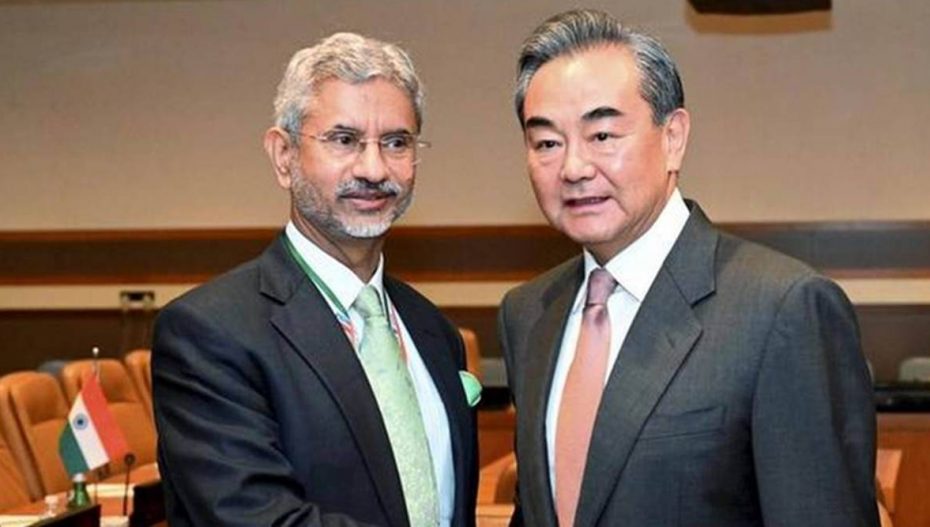In his first comments after the latest round of talks between Indian and Chinese military commanders, Chinese Foreign Minister Wang Yi said on Sunday that China is ready to work with India for the “steady and sound growth” of bilateral ties and the two countries are committed to upholding stability along the border areas.
His comments come days after Indian and Chinese military commanders held a fresh round of talks on December 20 to resolve the issues along the Line of Actual Control (LAC) in eastern Ladakh – the first high-level talks after troops of the two sides clashed in Tawang sector of Arunachal Pradesh on December 9.
Addressing a symposium on the international situation and China’s foreign relations in 2022, Wang said: “China and India have maintained communication through the diplomatic and military-to-military channels, and both countries are committed to upholding stability in the border areas. We stand ready to work with India in the direction toward steady and sound growth of China-India relations.”
Wang, along with National Security Advisor Ajit Doval, is the Special Representative of the India-China boundary mechanism which has remained dormant in the current standoff.
India and China have held 17 rounds of talks so far to resolve the standoff. A joint statement issued last Thursday after the 17th round, said the talks were “frank and in-depth” and “in line with the guidance provided by the leaders of the two countries to work for the resolution of the remaining issues at the earliest”.
In September, Indian and Chinese troops disengaged in the Gogra-Hot Spring area, the last of the acknowledged “friction points” that were discussed over 16 rounds of Corps Commander level talks that began in June 2020, after Chinese incursions at several points weeks earlier.
Indian and Chinese troops clashed in Arunachal Pradesh’s Tawang sector in the early hours of December 9, assaulting each other with sticks and canes in their closest encounter since the deadly Galwan incident in eastern Ladakh in June 2020.
Wang also spoke about China’s opposition to “bloc confrontation.” Beijing has always opposed the Quad grouping comprising the US, India, Australia and Japan, as well as the AUKUS alliance of the US, Australia, and the UK.
He said the BRICS (Brazil, Russia, India, China, and South Africa) have projected a resounding voice for global equity and justice, and injected strong impetus into global economic recovery and development.
Wang also briefly touched on China’s ties with Pakistan, saying the two countries have “continued to firmly support each other, uphold the invaluable all-weather strategic partnership, and consolidate the iron-clad friendship”.
Also Read: 225-km Padyatra To Save Rajasthan’s Sacred Groves













